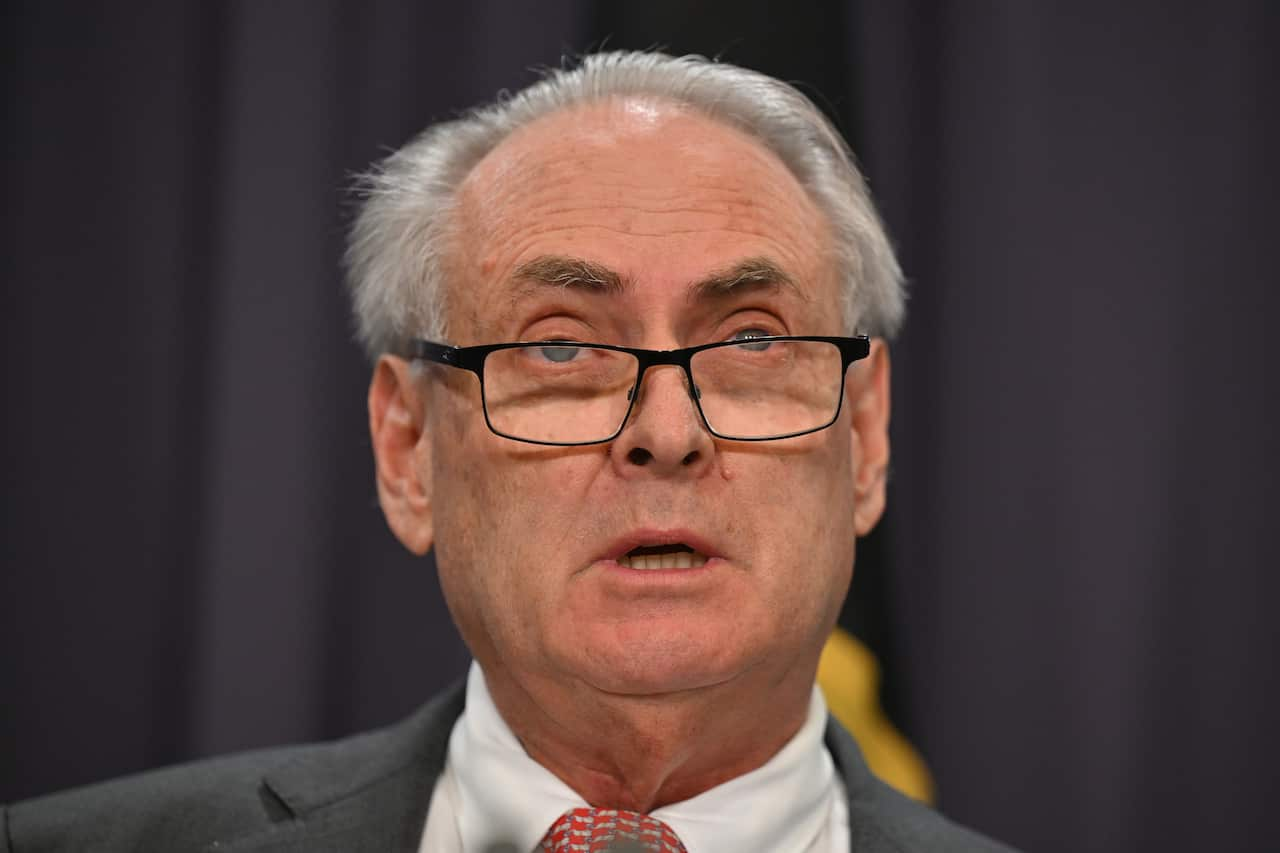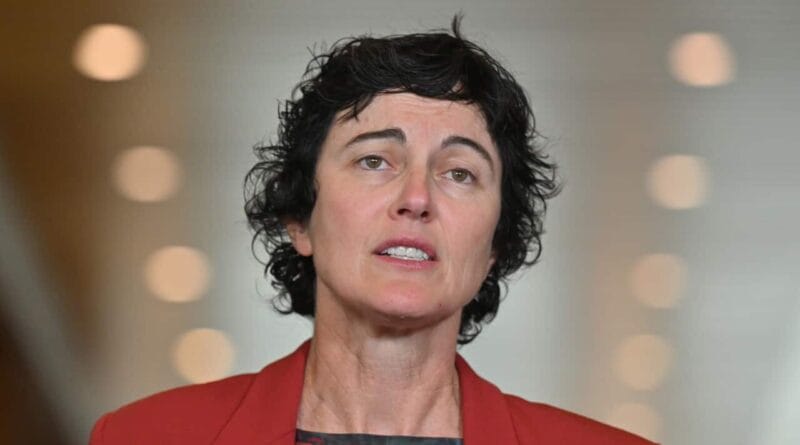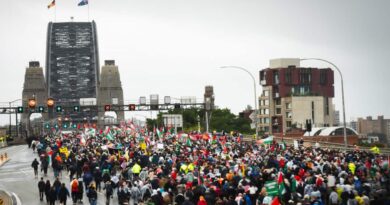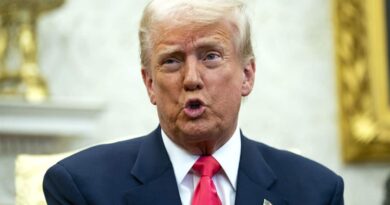Key Points
- Labor has announced plans to overhaul political donations and election spending.
- Crossbenchers argue it will limit the chances of independent, grassroots candidates from entering politics.
- The electoral reform bill will be introduced to federal parliament next week.
An independent MP has criticised Labor’s plan to cap political donations and electoral spending, saying it’s “a desperate attempt by the big parties to rig the rules, squeeze out the competition, and protect their patch”.
A key part of the electoral reform bill, which is set to be introduced to federal parliament next week, is limiting individuals to donating no more than $20,000 to a political candidate each year.
It would also introduce election spending limits, set at $800,000 per candidate and $90 million for a political party’s federal campaign.
The caps would prevent the kind of campaign spending seen during the 2022 federal election where six successful teal independents each raised more than $1 million each, and Clive Palmer’s United Australia Party spent more than $120 million.
Labor is hopeful the proposed legislation, which is believed to have in-principle support from the Coalition, can pass parliament in the next fortnight.
Kate Chaney, the independent MP for the Perth seat of Curtin, who was elected in 2022, described the bill as “a clear attempt to stamp out the competition”.
“It will take time to analyse how this complicated package of donation caps, spending caps and increased public funding will work, but it appears this bill will lock in the major parties and lock out any new competitors,” she said in a statement on Friday.
“Popularity of the major parties is at an all-time low, with one in three Australians voting for a minor party or independent at the last election. But instead of trying to earn back the trust of voters, this bill is a desperate attempt by the big parties to rig the rules, squeeze out the competition, and protect their patch.”
Chaney said the major parties were “running scared of the possibility of a bigger crossbench that will continue to hold them to account”.
“While a new independent would have to comply with a $800,00 spending cap, it appears that each political party can spend $90 million, shifting that money around to support any member who is being threatened by a newcomer,” she said.
Special Minister of State Don Farrell is in charge of electoral matters. Source: AAP / Mick Tsikas
Special Minister of State Don Farrell, who announced the government’s plans on Friday, said the changes would “strengthen our democracy”.
“The Australian electoral system should not work on the basis that the only people who can be elected into parliament are people who are sponsored by billionaires,” he told reporters in Adelaide.
“That should not be the way that the Australian system works, and with these changes, it will not be the way the system works.
Farrell denied the bill would entrench the power of the two major parties.
“We are not targeting individuals. We target the system that allows an uncapped amount of money to be spent on elections,” he said.
“What these caps do is ensure that even an independent could not be outspent in an election setting.
Monique Ryan, the independent MP for the Melbourne seat of Kooyong, who was also elected in 2022, said earlier on Friday that Australians should be angry the government was willing to “rush through” the bill, while displaying “no urgency” to address cost of living issues such as grocery prices or housing affordability.
“The government and the Opposition can act with urgency when it comes to their own self-interest, but for struggling Australians they just kick the cans down the road,” she wrote on X.
Farrell rejected the idea the bill was “rushed”, noting the government had been talking about electoral donations and spending reform for two years.
“None of what is in this bill comes as any surprise, I don’t think, to anybody who has been paying attention to this issue,” he said.
“We have not rushed it, in fact we have done the opposite. We took our time to carefully consider and carefully consult with all political parties about these changes.”
Independent senator David Pocock said while electoral reform was “well overdue”, any changes needed to “create a level playing field”.
“I am deeply concerned that the legislation being introduced on Monday is a major party stitch-up that subverts parliamentary process and seeks to lock out more community independents,” he said in a statement on Friday.
“The government has shared no detail of this reform with us since June. These are major reforms with far-reaching impacts and the suggestion that they won’t be subject to a Senate inquiry is damaging to our democracy.”
If passed, the changes wouldn’t take effect until after the next election.






